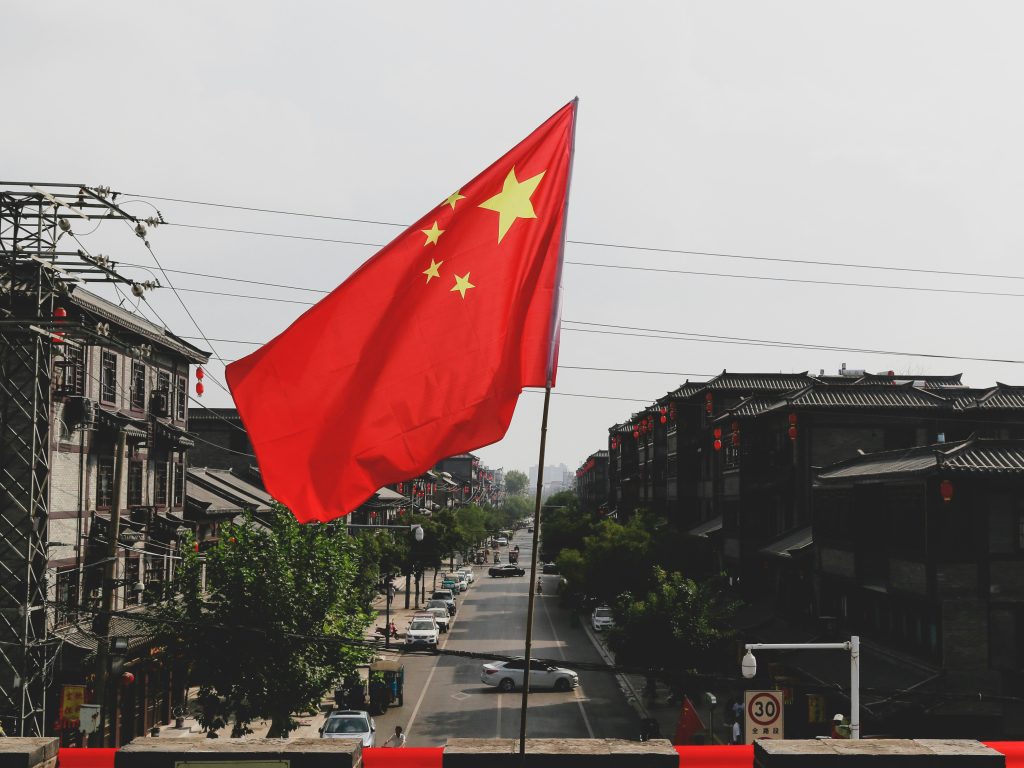The #metoo movement had a powerful impact on how the Chinese looked at workplace harassment, allowing for exposure to the existing pervasive nature of sexual harassment in China. This movement began in early 2018 in China by a woman named Zhou Xiaoxuan who had previously exposed a public figure Zhu Jun for groping and forcibly kissing her while she was an intern working for him. Along with allegations against a prominent journalist Zhang Wen and a university professor Chen Xiaowu.
This led to protests by Zhou and other women who then exposed incidents in sports, higher education institutes, the social sector, media outlets, and religious institutions. Landing the issue on the frontline, making it impossible for the government to ignore it.
The movement had a lasting effect, leading to new measures that were incorporated to combat sexual harassment introduced by the government. According to a study conducted by Beijing Yuanzhong Gender Development Center, nearly 40 percent of women were reported to have experienced sexual harassment at the workplace. According to the study 50 million court verdicts made publicly available in China between 2010-2017, only 34 focused on sexual harassment. Of these cases, only two were actions brought to the court by the victim, both were eventually dismissed for lack of evidence. Another study reveals that only 30% of claims made by women succeed in courts.
The law prohibiting sexual harassment in China was enacted in the year 2005. Post that in the year 2018, the PRC National People’s Congress issued a new draft of several sections of the PRC Civil Code (the “Draft”) for public comments.
This draft codified laws that would guarantee better protection against sexual harassment. Under the draft Article 790 defines what would be entailed as sexual harassment; “unwelcome behavior against another person by sexual language or actions or by sexual advances against a subordinate.”
Article 1,010 of the new code says a person may be held liable “for speech, words, images or bodily actions that have been used to carry out sexual harassment against a person’s wishes.”
Previous to the draft China did not have any national law defining sexual harassment. Hence the PRC Civil Code constitutes China’s first national definition for sexual harassment. The definition increases the ambit of protection against sexual harassment. Earlier under the local laws, only women were protected under the sexual harassment laws, this definition now also extends this protection to cover men.
The civil code creates an onus on employers to take reasonable steps to prevent sexual harassment in their workplaces. There is a proper structure to create procedures for filling of the complaints and the creation of an internal company system for management of the sexual harassment complaints. This code serves as China’s stringent legal enforcement against employers who fail to comply with the law.
This will lead employers to enhance their policies to incorporate a working environment that provides a safe working environment and give protection to their employees. The code also puts ramifications on the employers who fail to comply with the law, hence the government aims to implement it strictly.
Apart from the Draft Civil Code, which was set to be implemented in the year 2020. There are other parts in the national framework on sexual harassment that were in function before the Draft Civil Code. The PRC Law on the Protection of Women’s Rights explicitly prohibited sexual harassment against women while giving female victims a right to file complaints. China Women’s Development Program (2011-2020) put the obligation of employers to prevent sexual harassment in the workplace emphasizing to “effectively prevent and stop sexual harassment against women.”
The recent developments strengthen the anti-harassment rules create a positive step towards combating sexual harassment, China still has a long way to go in defining and creating enforcement mechanisms curbing sexual harassment for the laws to be effective.


